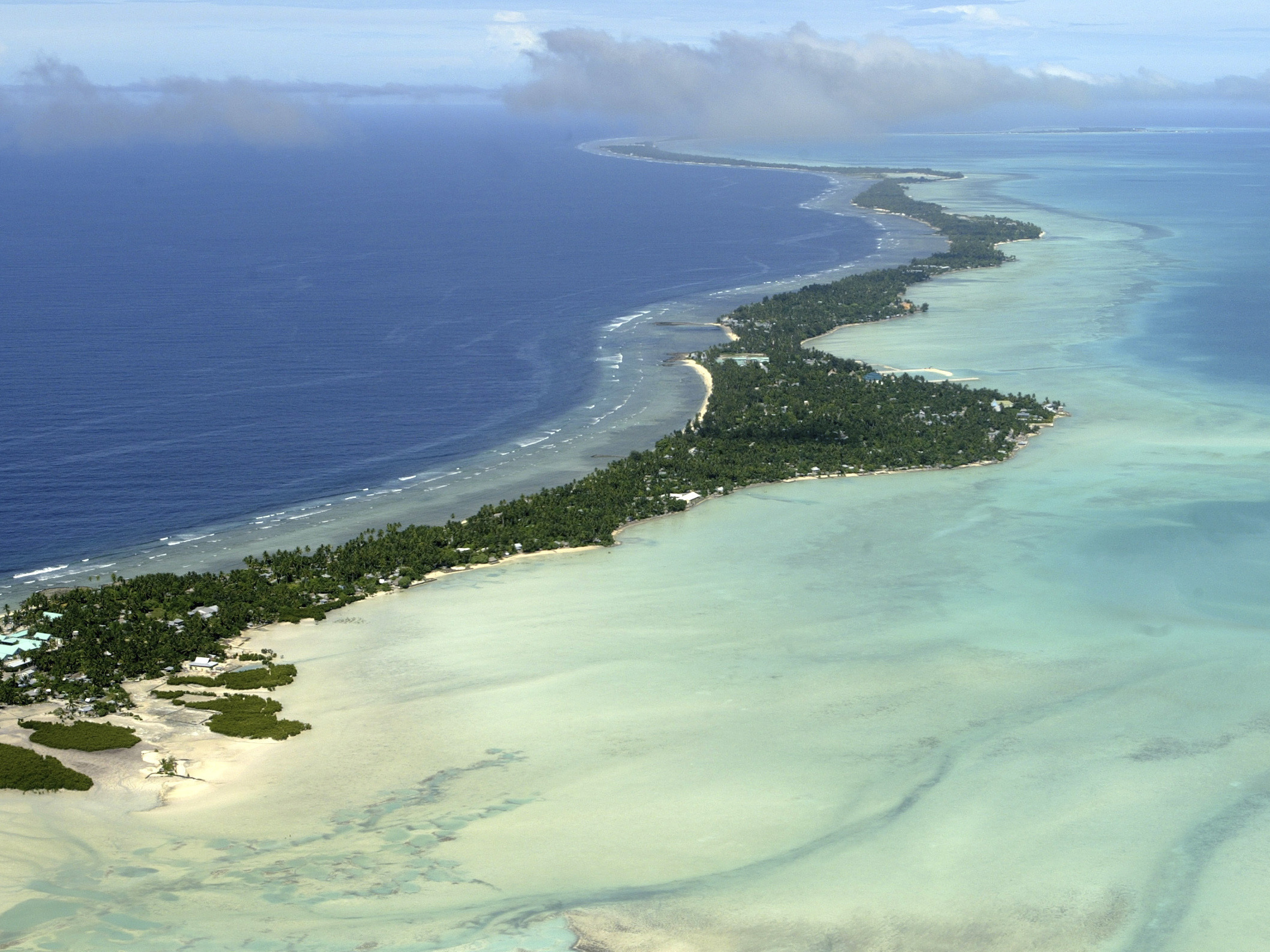Imagining my children growing up in a climate changing world is easy and difficult, both at the same time. It is easy because when you understand what climate change is, you realise that we “the millennials” who are now parents, leaders, scientists, also grew up in a climate changing world.
As a child, I accepted my world as it was presented to me when I came into being. The smell of dogo, a beautiful breeze, beaches that stretched to eternity with sasalu (edible fishery resources) I could feast on.
Handline fishing on any afternoon just to enjoy pan fried kabatia and nuqa as a snack. Diving competitions at high tides when the seawall, the ocean and the horizon all merged into one. However, this beautiful, and I admit romanticised world that I grew up in, was already grappling with the impacts of anthropogenic climate change.
Three decades on, I am now a mother to four beautiful children. When I ask my eldest child the simplest question of “what do you love about your island home”, she paints me a beautiful picture similar to the one I saw many years ago, filled with family, food and joy.
And so therein lies the difficulty. Realising that she is now living in a world where her ancestors and leaders are still struggling with mitigating climate change. While at the same time, as a mother wanting to encase them for as long as possible in this haven, that they have every right to enjoy as a child. But we no longer have this luxury.
As parents we have the terrifying task of raising children in a climate changing world.
Yet, when we take these tasks and break them up into their parts, we begin to see that there is a way forward. Parents have a responsibility in their homes to create a nurturing environment that is safe, clean, and healthy for children.
Our community leaders have a responsibility in the communal well-being of our villages and communities. Climate change is a global issue that requires collective efforts as this is where our national leaders need to make a concerted effort for our collective benefit as Pasifika.
As parents of our Blue Pacific’s youngest children, we need to know what our governments are doing to ensure that our young children have the best start in life, and in doing so, secure our region’s trajectory toward an inclusive, resilient and sustainable Pacific.
Leaders from fifteen Pacific Island countries and territories gathered last week at the 2023 Pacific Early Childhood Development Forum in Nadi, to share key achievements, challenges and discuss next steps implementing the Pasifika Call to Action on early childhood development.
I’m honoured that I had the opportunity to bring our children’s voices from Melanesia, Micronesia and Polynesia into the room with the leaders at the Children’s talanoa session at this forum, to provide grounding and context to discussions on early childhood development service delivery in the Pacific.
The youngest of the youngest shared their understanding and aspirations of the changing world around them especially their beloved island home where the Pacific is at an unprecedented juncture of climate emergence and economic recovery from a global Covid-19 pandemic.
It is reassuring that our Pasifika leaders have created a call to action on early childhood development and incorporating climate change, ensuring the youngest of the youngest have a voice in our concerted efforts to building a more resilient Pacific for our future leaders of tomorrow.
The forum presented a valuable opportunity to galvanise our Pacific leaders’ commitment to investing more in early childhood development as a pathway to climate resilient communities and to provide support to countries to fulfill this action agenda for children.
We as Pacific Islanders, continue to step up to build resilient futures for our children that nurtures and protect them. But we need to ensure that the voices of our children and youth are heard at the highest level on decisions that affect their futures.
As our leaders came together as Pacific neighbours to share their successes, challenges, and lessons at the forum, they were moving in the right direction in ensuring an improved and robust early childhood development ecosystem for our young children and their families.
Our young children today will be critical actors in driving the ambitions of the 2050 vision for the Blue Pacific Continent. Therefore it is vital that our Pacific governments mobilise resources now to accelerate progress on early childhood development to ensure a resilient Pacific community.
Three decades from now, I envision our children of today thriving and steering our Blue Pacific forward to prosperity because we as Pacific Islanders, together with our leaders, prioritized their futures today.
- ALISI RABUKAWAQA-NACEWA is a Pacific Climate Warrior and a member of the Council of Elders. She is a leading ocean expert and has worked in environment conservation and climate activism among others. The views expressed in this article belong to the author and do not necessarily express the views of this newspaper. This article was written in anticipation of the 2023 Pacific Early Childhood Development Forum in Nadi (Feb 22-24).



